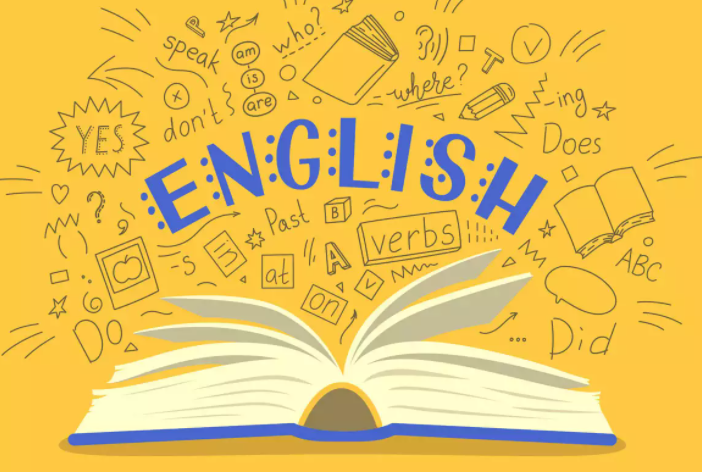剑桥MSE丨基础语法【条件句】


条件句也被称为if从句
条件句分为两个部分:主句 + if引导的条件分句。
Zero conditional
用法
“zero conditional”用于表达事实的条件句。在这种条件句中,没有假设的情况or潜在的未来可能,只有现在真实的条件。
结构
if + 一般现在时,.....一般现在时。(主句,if句全部使用一般现在时)
举例
If you mix blue and red, you get purple.
如果你把蓝色和红色混合,就会得到紫色。
If it rains, the grass gets wet.
如果下雨,草就会湿。
If I go to bed early, I always get up very early.
如果我早睡,我总是起得很早。

First conditional
用法
“first conditional”用来预测的条件句,在这种条件句中,条件是现在或将来真实存在的条件,“first conditional”通常用来表示现在或将来可能发生的事情。
结构
if + 一般现在时,.....一般将来时。(主句使用一般将来时,if句使用一般现在时)
举例
If I find her address, I'll send her an invitation.
如果我找到她的地址,我会给她发一份邀请。
Elaine will buy the drinks if somebody helps her carry the bottles.
如果有人帮伊莱恩拿瓶子,她就会买饮料。
Second Conditional
用法
“second conditional”通常用来描述假设的情况,这种条件句中,条件一般与现在或将来的事实相反。“second conditional”用来表示虚拟、假设的情况。
结构
if + 一般过去时,.... would/wouldn't do
举例
If I won a million dollars, I would buy a new car.
如果我赢了一百万美元,我会买一辆新车。
They would stay longer if they had more time.如
果他们有更多的时间,他们会呆得更久。

Third Conditional
用法
“third conditional”同“second conditional”类似,用来描述假设的情况,但是在“third conditional”中,条件是与过去事实相反的。这种条件句通常用来表示假设过去的情况。
结构
if + 过去完成时,.... would/wouldn't have done(过去将来完成时)
举例
If the weather had been good, we would have gone picnic.
如果天气好,我们就去野餐了。
If she had studied hard last week, she could have passed the exam.
如果她上周努力学习,她就能通过考试了。

添加 家长论坛微信



全部 0条评论